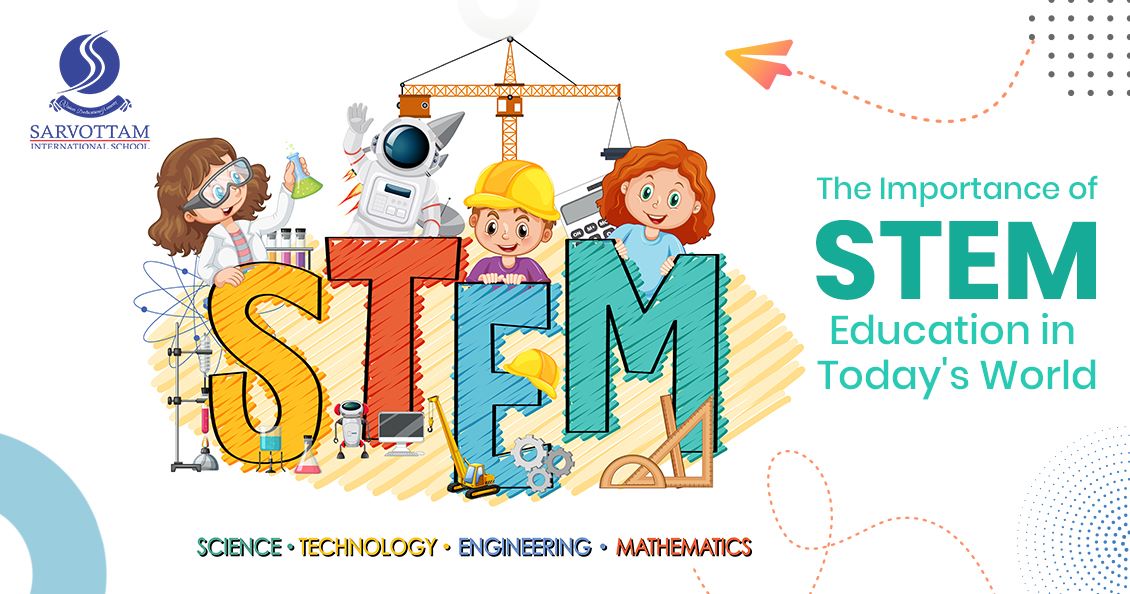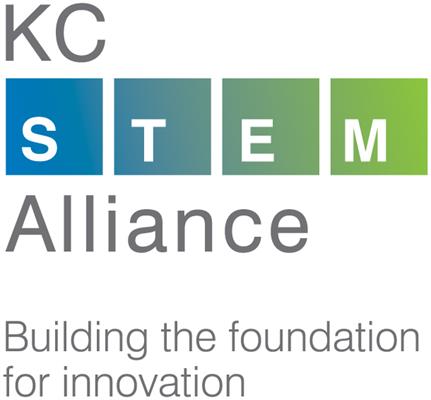Managing Challenges Teachers and Difficult Parental Dynamics

Understanding the Landscape: Teachers and Difficult Parental Dynamics
In the realm of education, teachers often find themselves facing a myriad of challenges. One significant aspect of this journey is navigating the complex dynamics that can arise when dealing with difficult parents. While teaching is undoubtedly rewarding, the intricacies of managing relationships with parents bring forth a unique set of hurdles.
The Art of Communication: Navigating the Teacher-Parent Dialogue
Effective communication serves as the cornerstone for managing difficult parental dynamics. Teachers must skillfully navigate conversations that require finesse and empathy. Open lines of communication create a space where concerns can be addressed, misunderstandings clarified, and collaborative solutions explored. Developing strong communication skills is pivotal for maintaining positive relations with parents, even in challenging situations.
Strategies for Successful Parent-Teacher Talks
Engaging in successful parent-teacher talks requires strategic approaches. Teachers should be proactive in setting the tone for discussions, emphasizing the common goal of the child’s well-being. Establishing a collaborative atmosphere fosters an environment where both parties feel heard and valued. Utilizing constructive language and providing specific examples can defuse tension and pave the way for productive conversations.
Navigating Turbulence: Coping with Emotional Parental Dynamics
Emotions can run high in parent-teacher interactions, and navigating this turbulence requires emotional intelligence. Teachers must be adept at recognizing and managing their emotions while understanding and empathizing with the emotions of parents. By fostering a calm and understanding environment, educators can de-escalate tense situations and work towards solutions that benefit the student.
Coping with Complexity: Strategies for Overcoming Parental Challenges
Every teacher faces unique challenges when dealing with difficult parents. It’s essential to approach these challenges with a toolkit of strategies. This may include setting clear expectations from the beginning, documenting communications, and involving a mediator when necessary. Proactive measures help mitigate issues before they escalate, fostering a more positive and productive teacher-parent relationship.
Building Bridges: Strengthening Teacher-Parent Relations
In the face of difficulties, building bridges between teachers and parents becomes crucial. This involves fostering a sense of partnership and shared responsibility for the student’s success. Collaborative efforts, such as regular updates on the child’s progress and involving parents in decision-making processes, contribute to a harmonious teacher-parent relationship. Building trust and mutual respect lays the foundation for a supportive educational journey.
Surviving Struggles: A Teacher’s Guide to Resilience
Teachers often find themselves in the role of emotional support not only for their students but also for parents. Developing resilience is key to weathering challenges. This involves maintaining a positive mindset, seeking support from colleagues or mentors, and prioritizing self-care. Resilient teachers can navigate difficulties with grace, ultimately creating a more positive learning environment for everyone involved.
Parental Challenges: A Shared Responsibility for Solutions
Recognizing that addressing difficult parental dynamics is a shared responsibility is fundamental. Schools can provide professional development opportunities for teachers, equipping them with the skills to handle challenging situations effectively. Additionally, fostering a culture of open communication and collaboration within the school community contributes to a more supportive environment for both educators and parents.







 Choosing the right immigration advisor is a critical step in navigating the complexities of immigration law and ensuring a smooth journey through the visa application process. With numerous advisors and firms vying for your attention, it’s essential to identify key qualities that distinguish exceptional advisors from the rest. When looking for “
Choosing the right immigration advisor is a critical step in navigating the complexities of immigration law and ensuring a smooth journey through the visa application process. With numerous advisors and firms vying for your attention, it’s essential to identify key qualities that distinguish exceptional advisors from the rest. When looking for “





